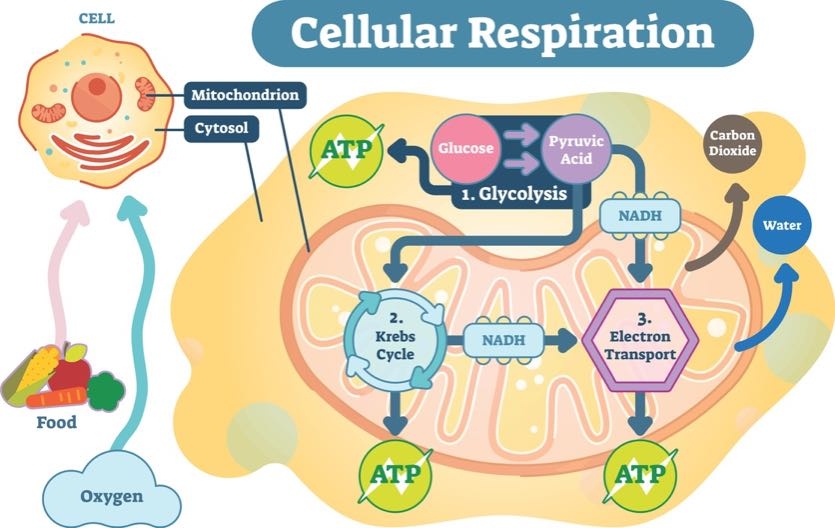😰 The Science of Stress Belly: How Chronic Stress Makes You Gain Weight (And How to Stop It)
Have you been working out and eating healthy, but still noticing extra fat around your midsection? The culprit might not be your food—or your workouts. It could be stress.
In this ultimate guide, we’ll explore how chronic stress affects your hormones, metabolism, and fat distribution, and what you can do today to fix it naturally.
🧠 The Hidden Connection Between Stress and Belly Fat
When your body is under stress, it releases cortisol, also known as the “stress hormone.” While short-term cortisol is useful (like escaping danger), chronic high cortisol levels cause fat to accumulate—especially around the belly area.
This type of fat, called visceral fat, surrounds your organs and is linked to serious health risks like diabetes, heart disease, and high blood pressure.
How Cortisol Changes Your Body
- Increases appetite and cravings for sugary, fatty foods.
- Slows down metabolism, making weight loss harder.
- Stores more fat in your abdomen instead of your hips or thighs.
- Disrupts sleep cycles, further increasing hunger hormones like ghrelin.
💡 Signs You May Have a Stress Belly
- Weight gain primarily in the abdominal area, even with exercise.
- Frequent cravings for sweets or salty snacks when stressed.
- Trouble sleeping or feeling tired even after sleeping enough hours.
- Digestive issues like bloating or irregular bowel movements.
If these sound familiar, your body might be stuck in a chronic stress cycle.
📈 The Science: Stress, Insulin, and Inflammation
Chronic stress not only increases cortisol but also triggers insulin resistance and systemic inflammation. Over time, this combination makes it nearly impossible to burn belly fat efficiently—even if you’re dieting.
Studies show people with high stress levels have a 43% higher risk of obesity, regardless of calorie intake.
🔥 7 Natural Ways to Reduce Stress Belly
You don’t need expensive supplements or extreme diets. The solution lies in restoring your body’s natural balance. Here’s how:
1. Practice Deep Breathing Daily
Even 5 minutes of slow, deep breathing reduces cortisol almost instantly. Try apps like Calm or Headspace, or simply focus on breathing through your nose, holding for 4 seconds, and exhaling slowly.
2. Prioritize Sleep
Sleep is when your body repairs itself and balances hormones. Aim for 7–8 hours per night, keep your room dark and cool, and avoid screens at least one hour before bed.
3. Walk After Meals
Gentle walking after eating helps control blood sugar and reduces stress levels. Just 10–15 minutes can make a difference.
4. Reduce Processed Foods
Ultra-processed foods increase inflammation and worsen cortisol spikes. Replace soda, chips, and fast food with whole grains, lean proteins, and lots of vegetables.
5. Try Adaptogenic Herbs
Herbs like ashwagandha and rhodiola may help regulate stress hormones naturally. Always consult your doctor before starting any supplement.
6. Build Social Connections
Loneliness is a stress amplifier. Spend time with supportive friends or family, or join a local hobby group.
7. Mindful Eating
Eating slowly and enjoying your meals without distractions reduces overeating and improves digestion.
🥗 Foods That Help Reduce Stress and Belly Fat
- Leafy greens: Spinach, kale, and arugula provide magnesium to calm nerves.
- Omega-3-rich foods: Salmon, walnuts, and chia seeds reduce inflammation.
- Fermented foods: Yogurt, kefir, and kimchi support gut health and lower stress hormones.
- Dark chocolate: Rich in antioxidants and linked to lower stress levels (in moderation).
📚 Related Reading
- The Surprising Link Between Mental Health and Belly Fat
- 5 Drinks That Help Burn Belly Fat
- Fibermaxxing: The Gut Health Trend Everyone's Talking About
✨ Final Thoughts
Stress belly isn’t just about looks—it’s a sign your body is out of balance. By reducing stress, improving sleep, and eating the right foods, you can naturally control cortisol, improve health, and finally lose stubborn belly fat.
Which stress-reduction habit will you start today? Share your thoughts in the comments below! 💬






No comments:
Post a Comment